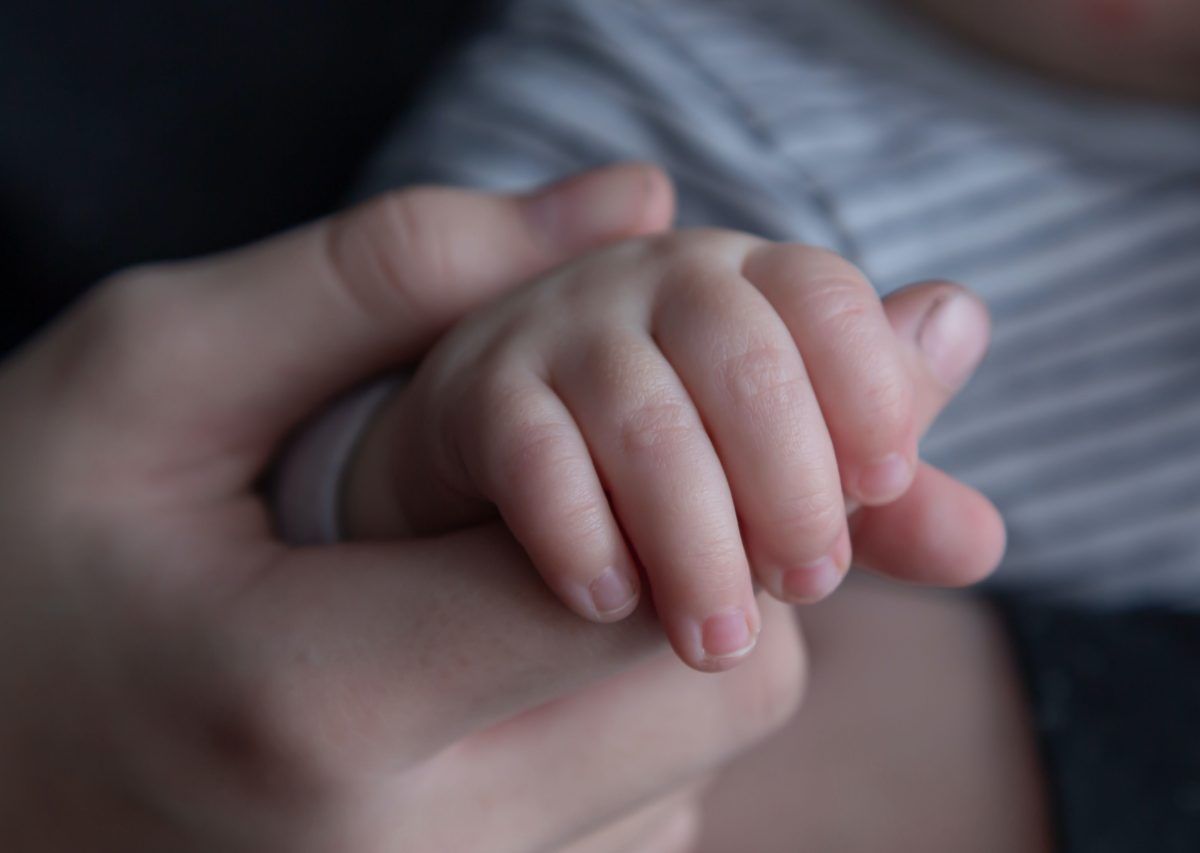With changing times, everything is evolving. And when said everything is evolving it means each and everything including perceptions are changing. In a society like India where in the past things were not as easy as they are now, there have been drastic positive changes. One of these changes that India is witnessing is “single parent adoption,” and the process is on rising. Unmarried men and women can now adopt children as single parents. Even society is now accepting adoption by single women and not considering it any taboo anymore.
Child adoption rules in India
In past, it was not considered ethical and good, if an unmarried woman adopted a child. Even the legal procedure was not that easy. Sushmita Sen an Indian actress who opted to adopt her first girl child at the age of 24 in her lot of interviews said that the process was not at all easy and she had to file around 26 documents with other affidavits. And not only this her father had to sign his bond with more than half of his wealth to assure the jury.
However, now the times are changing and so is the legal procedure and so are the laws. According to Juvenile Justice Act, the process of adoption completely gives all the rights, responsibilities, and privileges of the child to the adoptive parents, and makes him or her the legal parent of the child, thus separating him or her from the biological parents. This act is empowering single parents to adopt children and makes it easy for them.
There are many reasons why this phenomenon has been on a rise lately. Like with the increasing literacy and knowledge, people have become more empowered. Also comparatively to the past, in the present widowed or divorced parents are raising their children on their own as single parents. So this whole process has been a boosting factor for single parent adoption.
Also seeing how celebrities like Sushmita Sen or Sunny Leone have opted for adoption people are also getting motivated. Hence the rate is increasing which indeed is a welcoming step. Many children do not have any family they grow up in institutions and orphanages and this is when single parent adoption can help, by providing such children with love, care, and support that every child deserves.
Laws Concerning Adoption
The adoptions rules are different for different people, according to their faiths. For Hindus, which also includes Sikhs, Jains and Buddhists the act that concerns the adoption is the Hindus Adoption and Maintenance Act, which states:
Any male Hindu who wishes to adopt a child needs to be mentally sound, should not be a minor and has the capacity to adopt a girl or a boy. And if at the time of adoption the person has a wife or a partner he has to ask for their consent as well, provided if the wife is in the right state of mind to give her consent.
For any female Hindu, she will be eligible to adopt only if she is of sound mind, not a minor, and not married.
In the personal laws of Muslims, adoption is not permissible so they do not recognize total adoption. This is because in Islam preserving the biological lineage is very important and it should not be confused with adoption. But they can go for the guardianship of a child. Under the Guardians and Wards Act, 1980. However, in 2014, the Supreme Court of India passed a judgment according to which under Juvenile Justice (Care and Protection of Children) Act 2000 any person can opt for adoption regardless of their beliefs and religion.
In Christians and Parsis, total adoption is not allowed just like Muslims. So they also obtain permission to raise a child under the Guardians and Wards Act, 1980. This act allows them to raise a child and also states that the children will be free to take their own paths after they attain the legal age of 18. But the Juvenile Justice (Care and Protection of Children) Act 2000 also known as the secular act also allows Christians and Parsis to adopt children.
However, there are some rules and regulations which need to be kept in mind before adoption. According to the guidelines of Central Adoption Resources Agency (CARA) guidelines which were issued by the Ministry of Women and Child Development in 2015, any single female who is above the age of 24 is can adopt a child of any gender. The previous age limit for a single woman to adopt a child was 30, however, after many processes, it was brought down to 25. For single men the age is also 25, however, the Juvenile Justice Act does not allow a single male to adopt a girl child.
Age Bar Factor
If the wishful single parent, male or female is up to 45 years old, he or she can adopt a child below the age of four years. If the single parent is up to 50 years old, they can adopt a child between the age group of five to eight years old. People who age up to 55 years, and are wishful of adoption can adopt children from the age group, nine to eighteen. People beyond the age of 55 are not eligible to adopt.
According to CARA guidelines, the age difference between the adoptive parents regardless of their marital status should not be more than 25 years. Single parents wishful of adoption need to be stable mentally, physically, financially, socially, and emotionally.
The adoption phrase is a beautiful process though difficult but beautiful. It gives hope to the children who have no one to look up to and it also gives hope to the people who are childless, or want to experience parenthood but do not want to get committed. There may be obstacles and barriers in the way but the work is very noble. Adoption is just another way of forming a family.
Support us to keep independent environmental journalism alive in India.
Keep Reading
The costliest water from Narmada is putting a financial burden on Indore
Indore’s Ramsar site Sirpur has an STP constructed almost on the lake
Indore Reviving Historic Lakes to Combat Water Crisis, Hurdles Remain
Indore’s residential society saves Rs 5 lakh a month, through rainwater harvesting
Follow Ground Report on X, Instagram and Facebook for environmental and underreported stories from the margins. Give us feedback on our email id greport2018@gmail.com.
Don’t forget to Subscribe to our weekly newsletter, Join our community on WhatsApp, and Follow our YouTube Channel for video stories.






